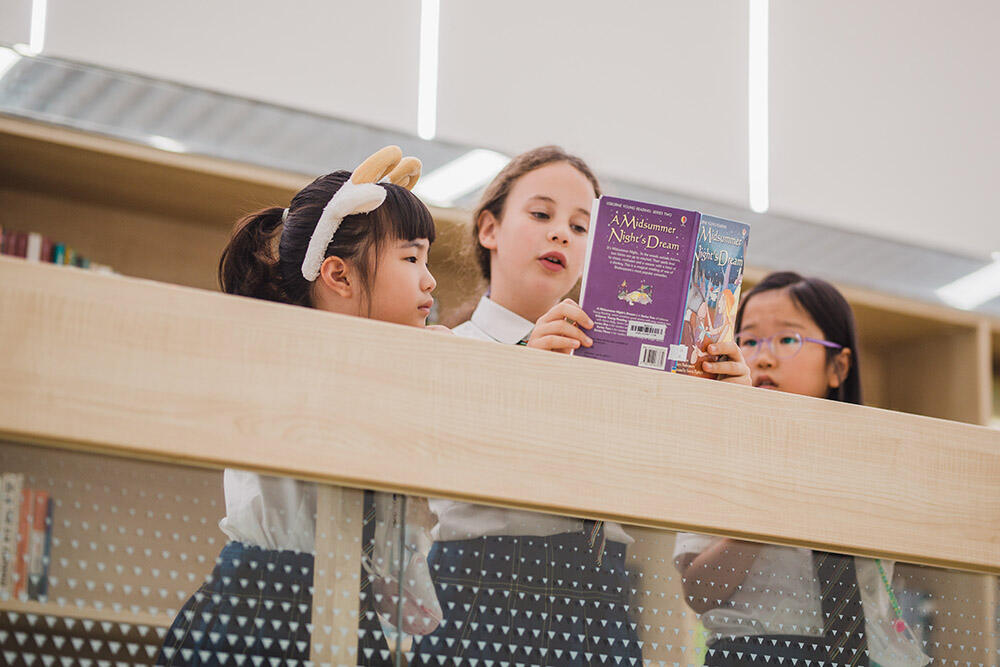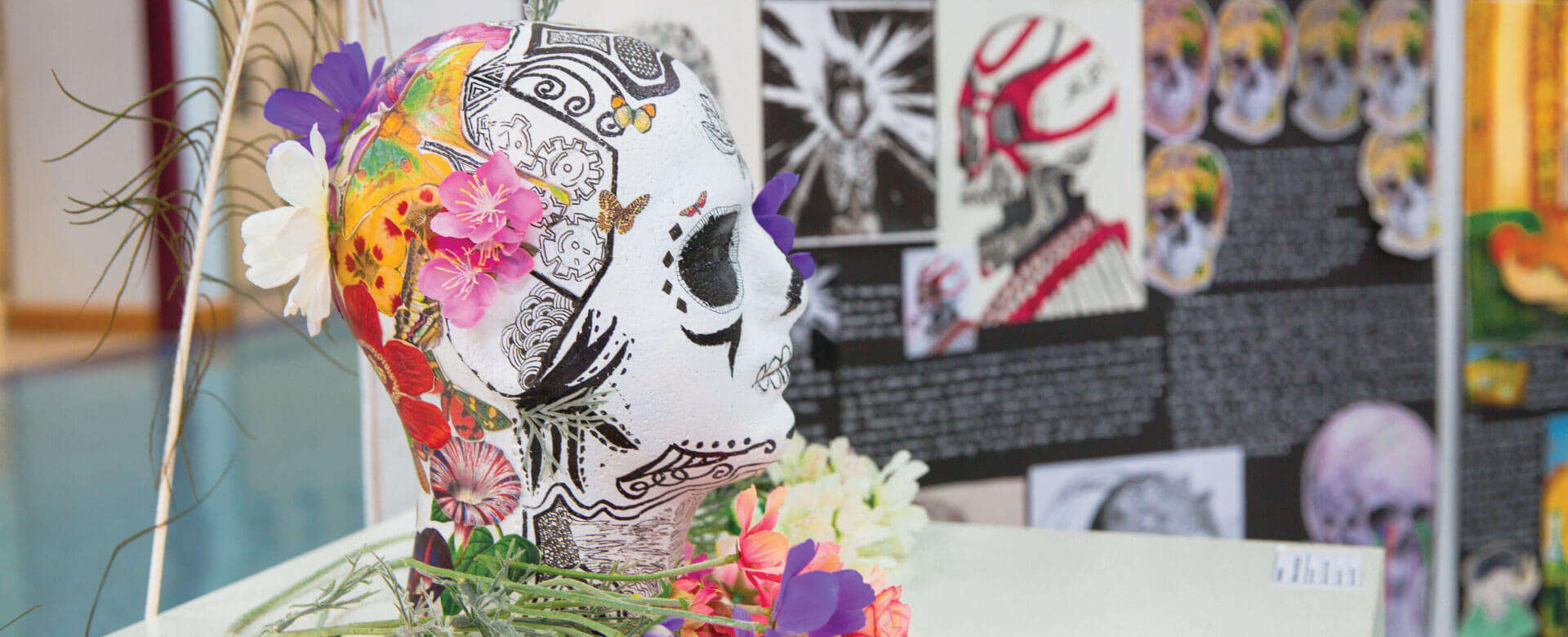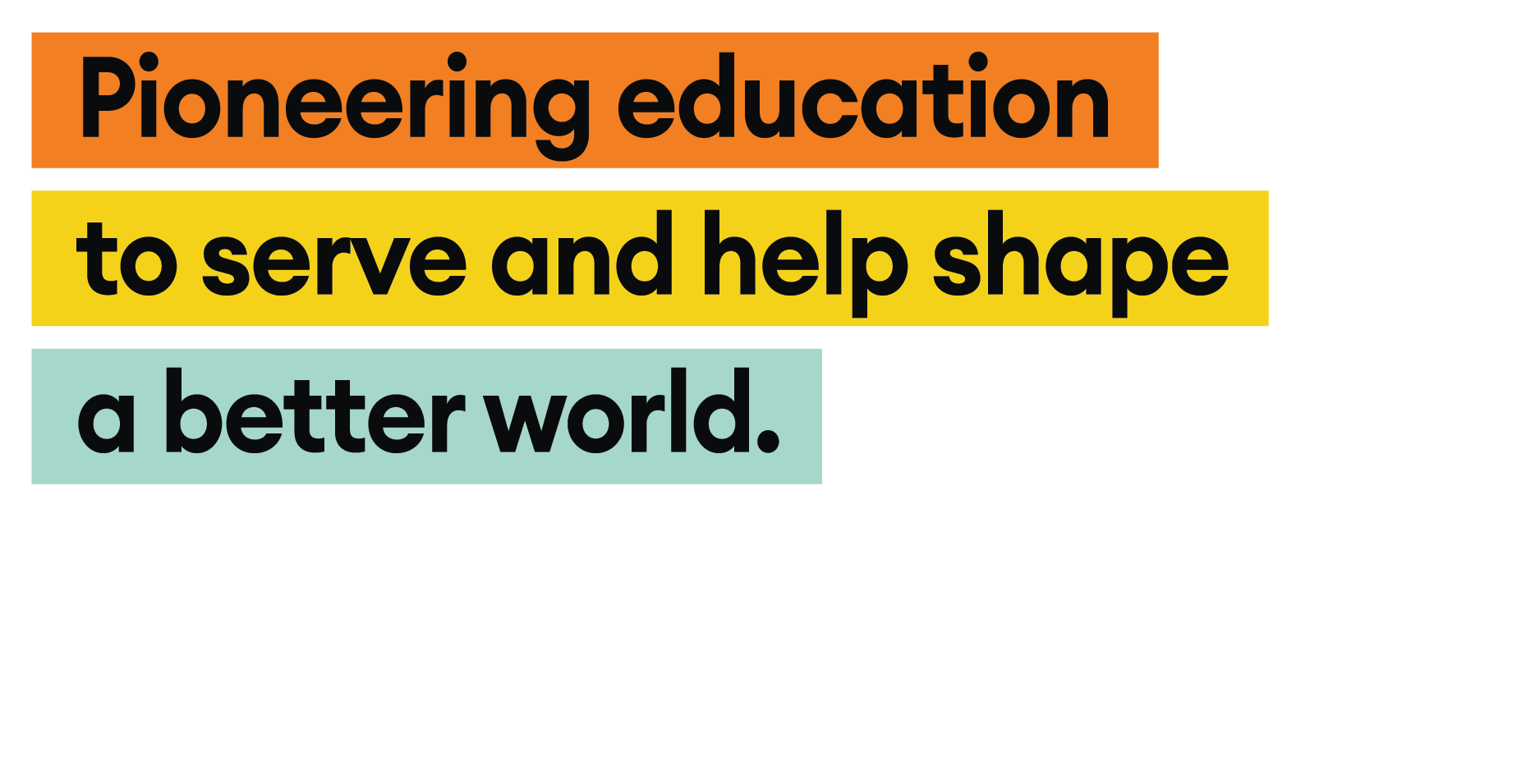Into the Classroom丨Drama Education at Wellington
From Ms Hannah Bond
English and Drama Teacher
Oscar Wilde once said, ‘I regard theatre as the greatest of all art forms; the most immediate way in which a human being can share with another human being what it is to be a human being.’ This quote resonates with me as Drama lessons provide a space for pupils to be creative, collaborative, and courageous. It allows them to step into another's shoes and share profound stories on stage.
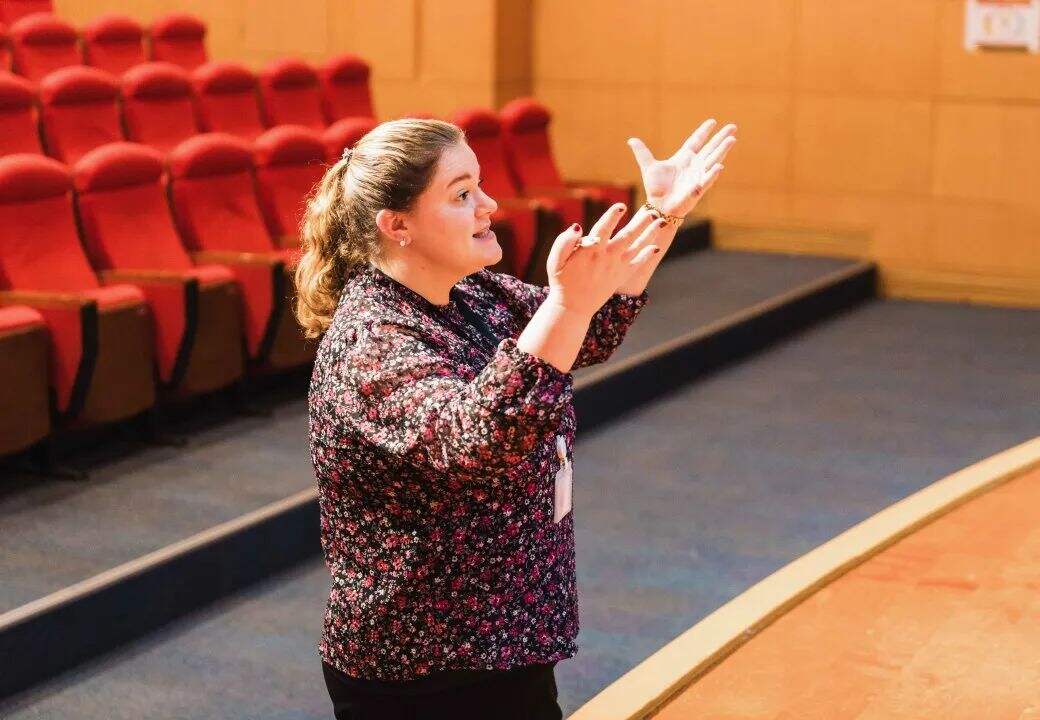
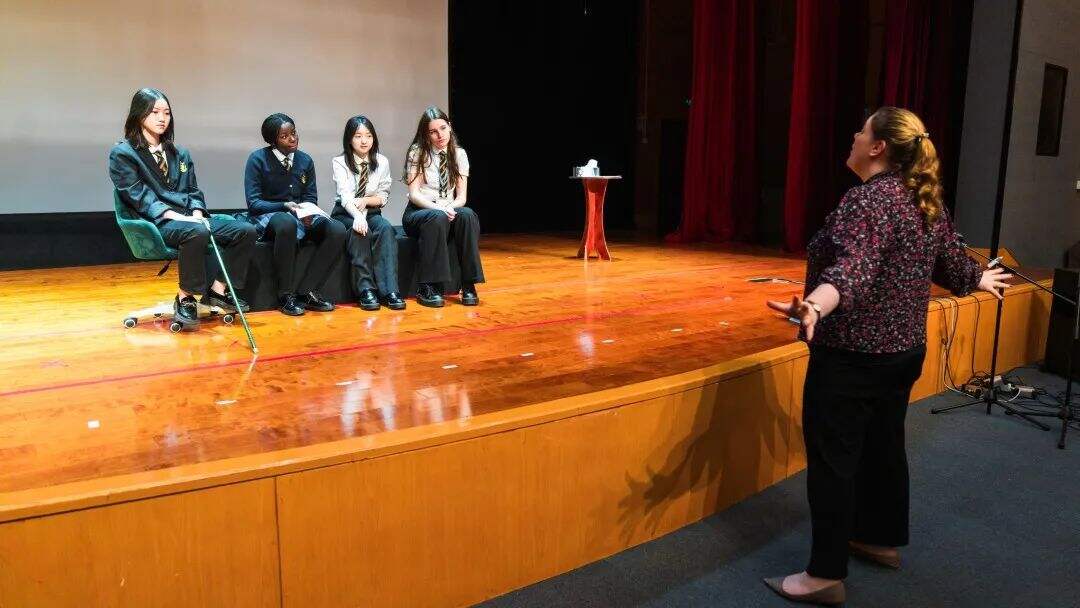
As a former Drama pupil, I will never forget the experience of being cast as Lady Macbeth in our end-of-year performance. It was the most memorable experience of my schooldays and felt like my greatest achievement at that time. Now, as a Drama teacher, it is a privilege to help our pupils feel the same way.
Our Drama curriculum at Wellington College Tianjin covers all aspects of theatre, from lighting and directing to voice projection and script analysis. We prepare our pupils for IGCSE Drama, where they will perform a scripted piece, a devised piece, and a monologue, as well as write about how they would direct a play released by the exam board. We also invite professional companies, such as Frantic Assembly, to work with our pupils to enhance their performance.

Our practical lessons take place in the Seldon Theatre, where we can access the stage, sound effects, lighting, and props. We also receive guidance from the school's theatre technician, Mr Feng. At the start of each practical lesson, I lead fun, theatrical warm-ups to optimise pupils' performances and help them feel comfortable on stage.
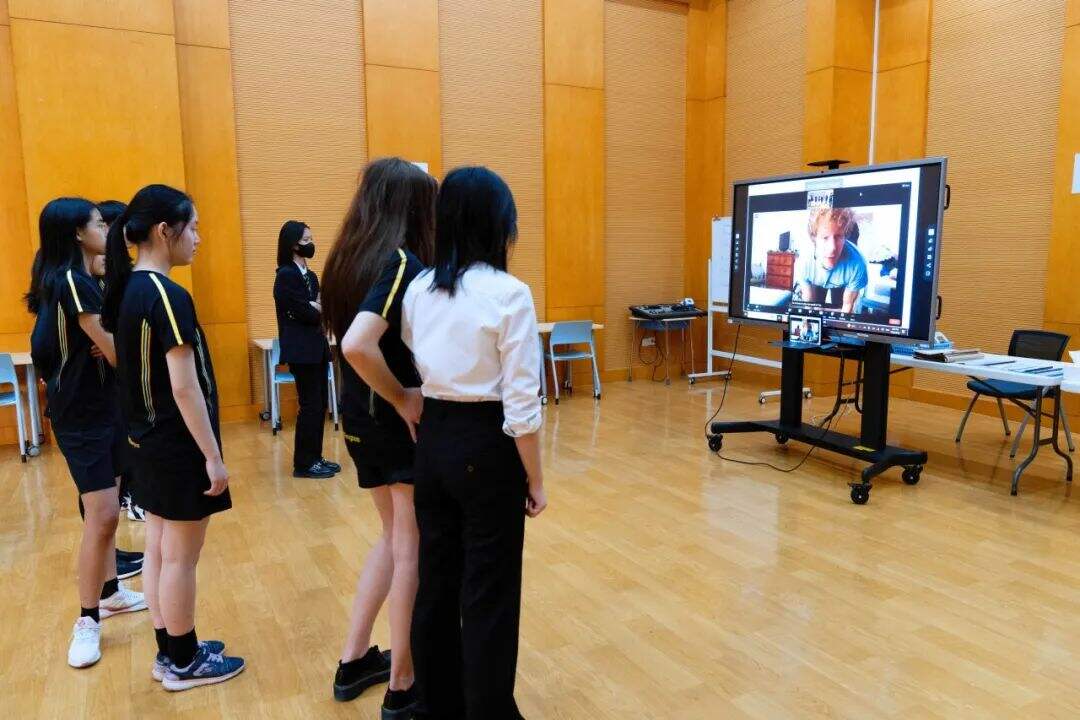
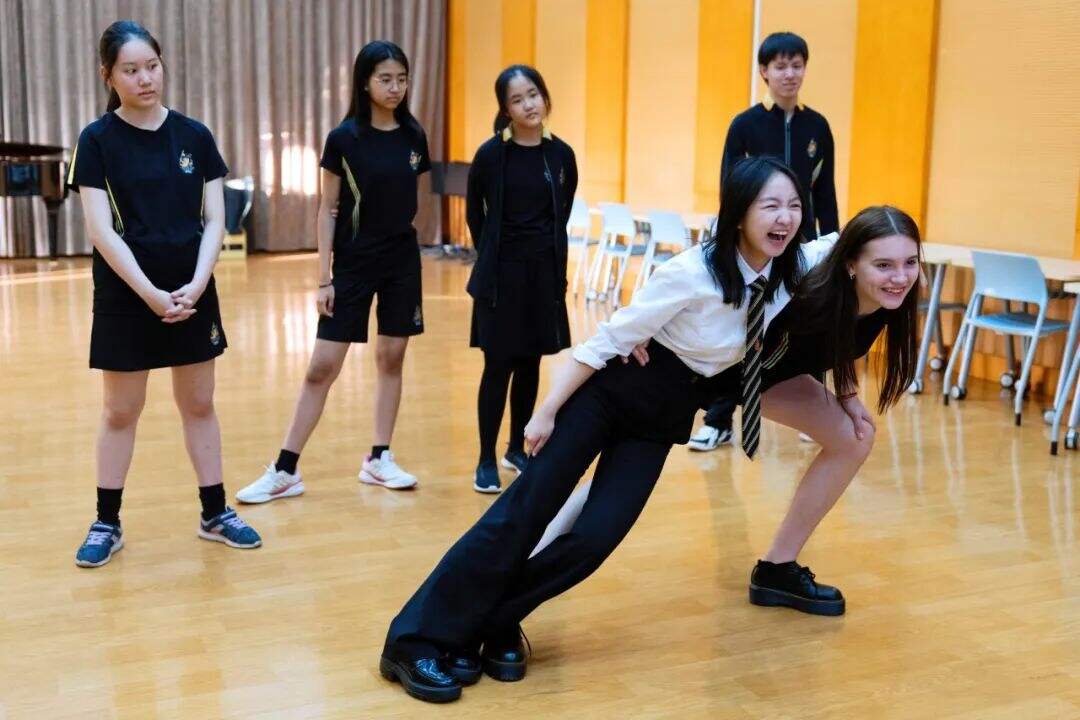
During our rehearsals, I ask pupils to join me in the audience so they can watch and share ideas. It is truly a collaborative experience, and it is incredible to watch the performance grow stronger and stronger with each rehearsal. Finally, pupils will write in their performance journals, detailing the strengths of their performance and what they would like to achieve in the following class.
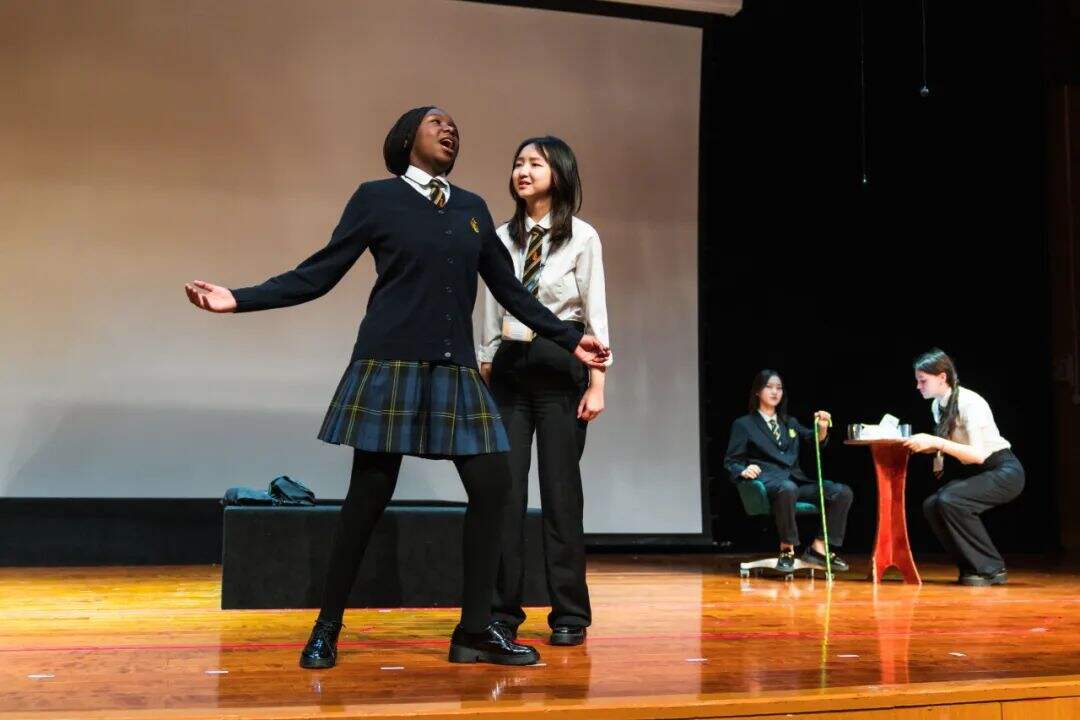
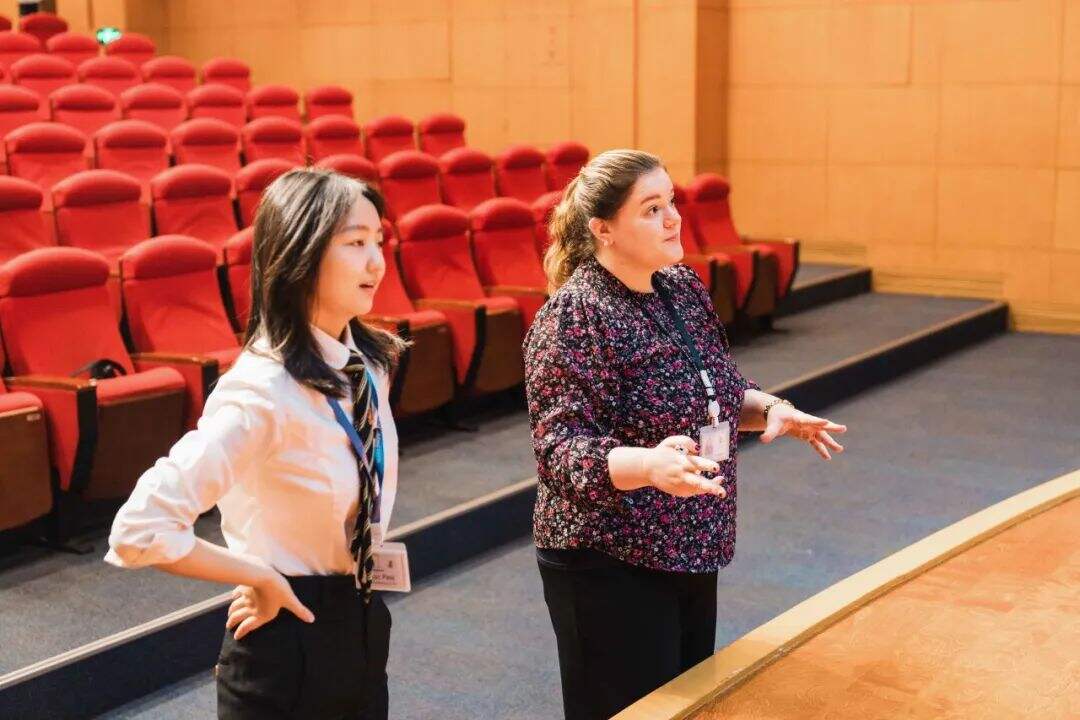
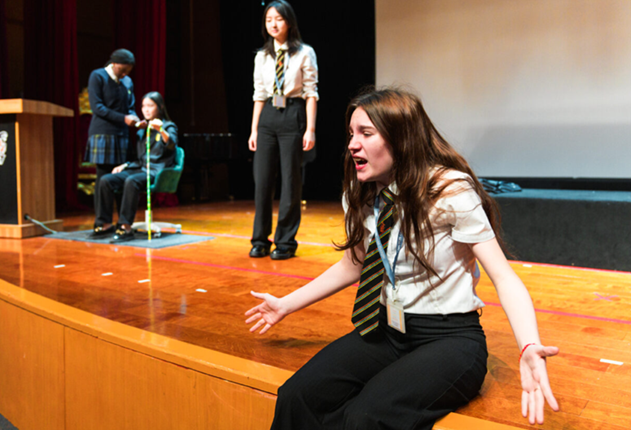
This year, our pupils have achieved two thought-provoking performances so far. The first, 'Kindertransport', was a play based on the horrors of the Holocaust. Our pupils studied the historical context in detail beforehand, so they could sympathise with and connect to their characters. The play required a split set, with one half representing the past and the other representing the present. Our pupils were able to meticulously design a convincing set, with sepia lighting and carefully chosen props, to emphasise the different times.
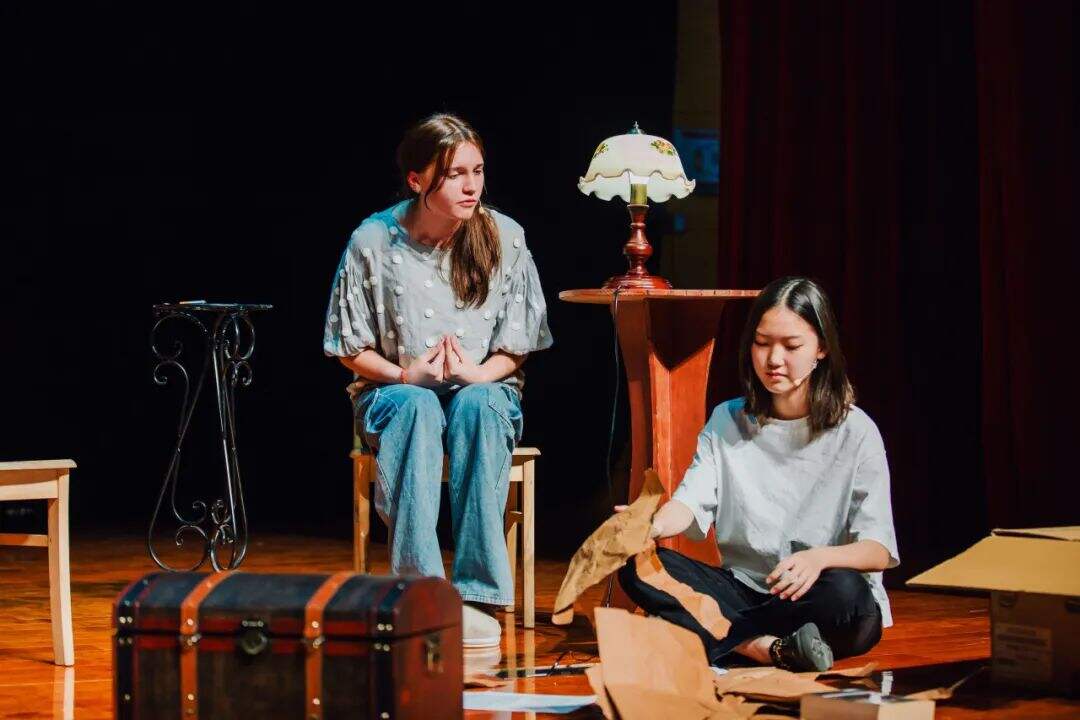
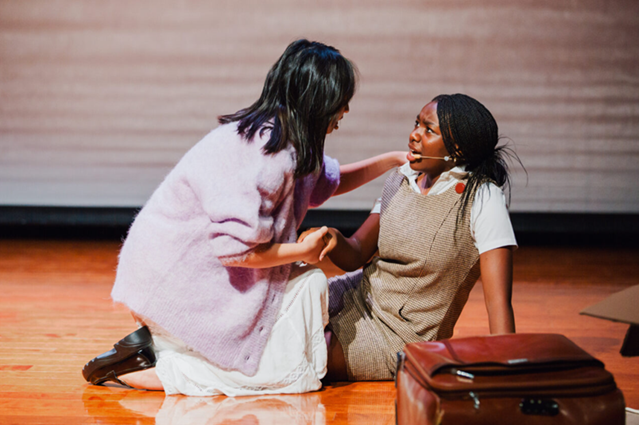
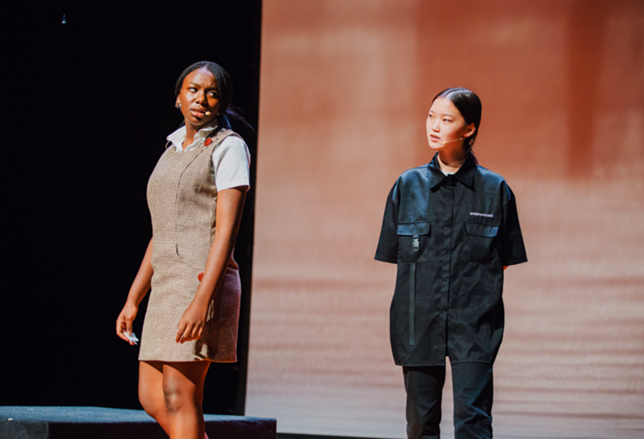
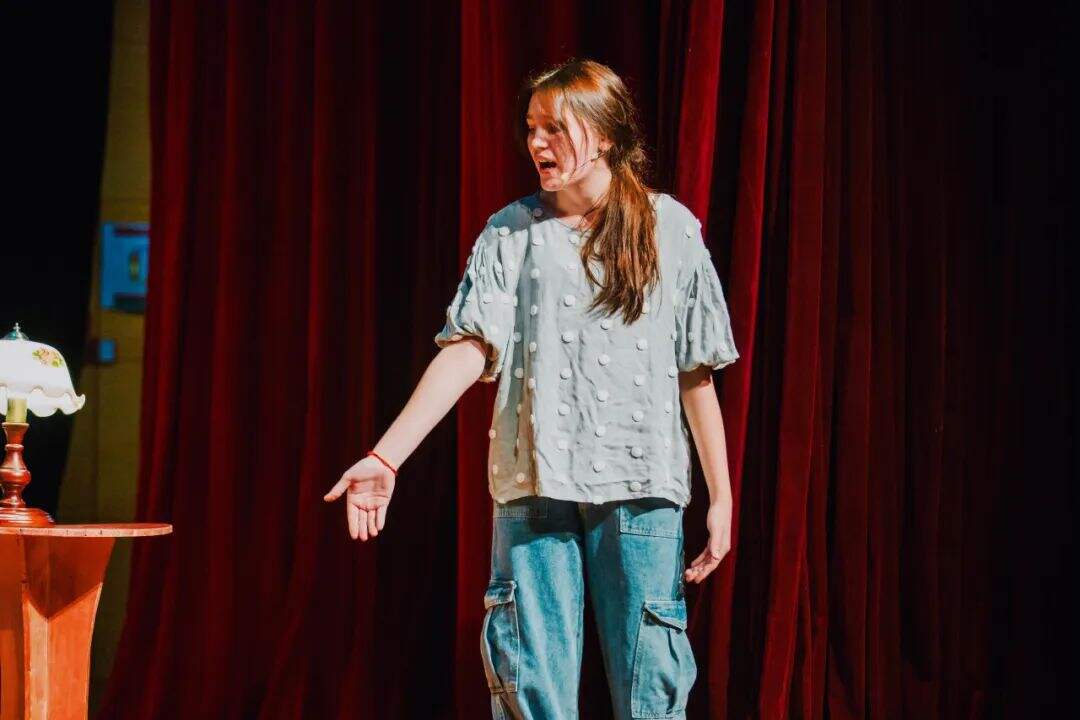
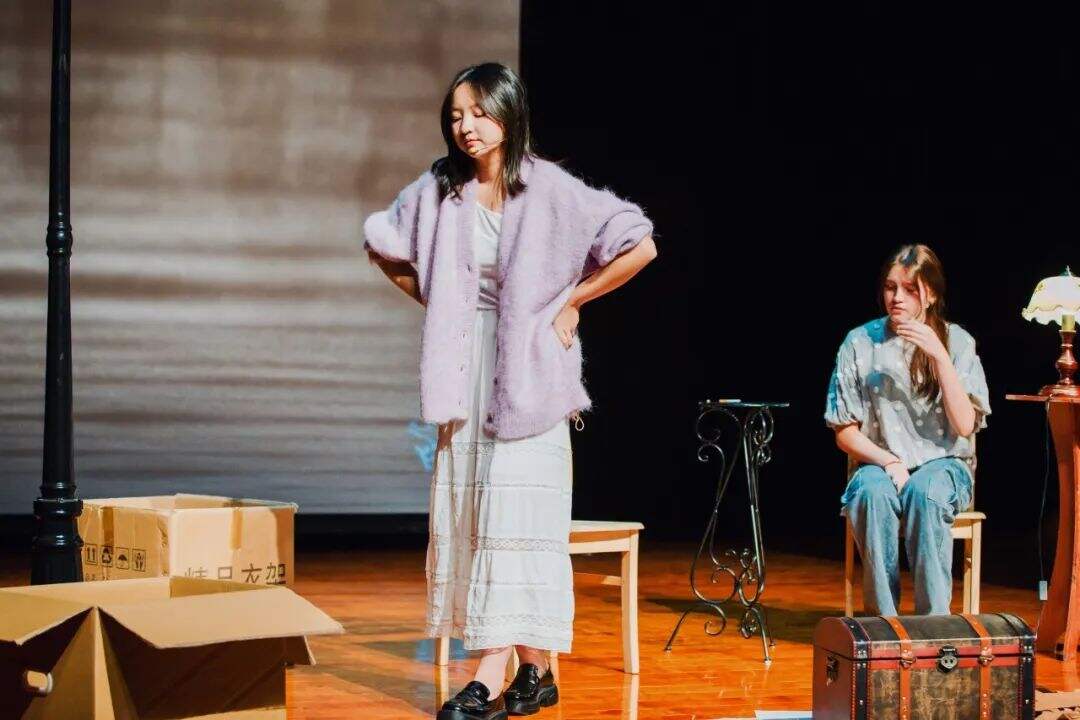
Most recently, our pupils directed, staged, and performed their very own play: 'The Persistence of Memory'. The play explores four unique journeys of grief, with a clear message: Memory Persists. Working in the classroom, we created mood boards, discussed stage design, sound, and costumes, and wrote a script in class together. The entire process required pupils to listen to each other's ideas and work together to create an outstanding performance, with some truly unique ideas.
Drama lessons provide pupils with a safe space to explore their creativity and express themselves freely, which can lead to greater self-confidence and self-awareness. Through the act of performing, pupils learn key communication skills that can benefit them in all aspects of their lives, from job interviews to public speaking engagements. But at its core, Drama is a tool for fostering empathy and understanding between people, allowing pupils to see the world from new perspectives.
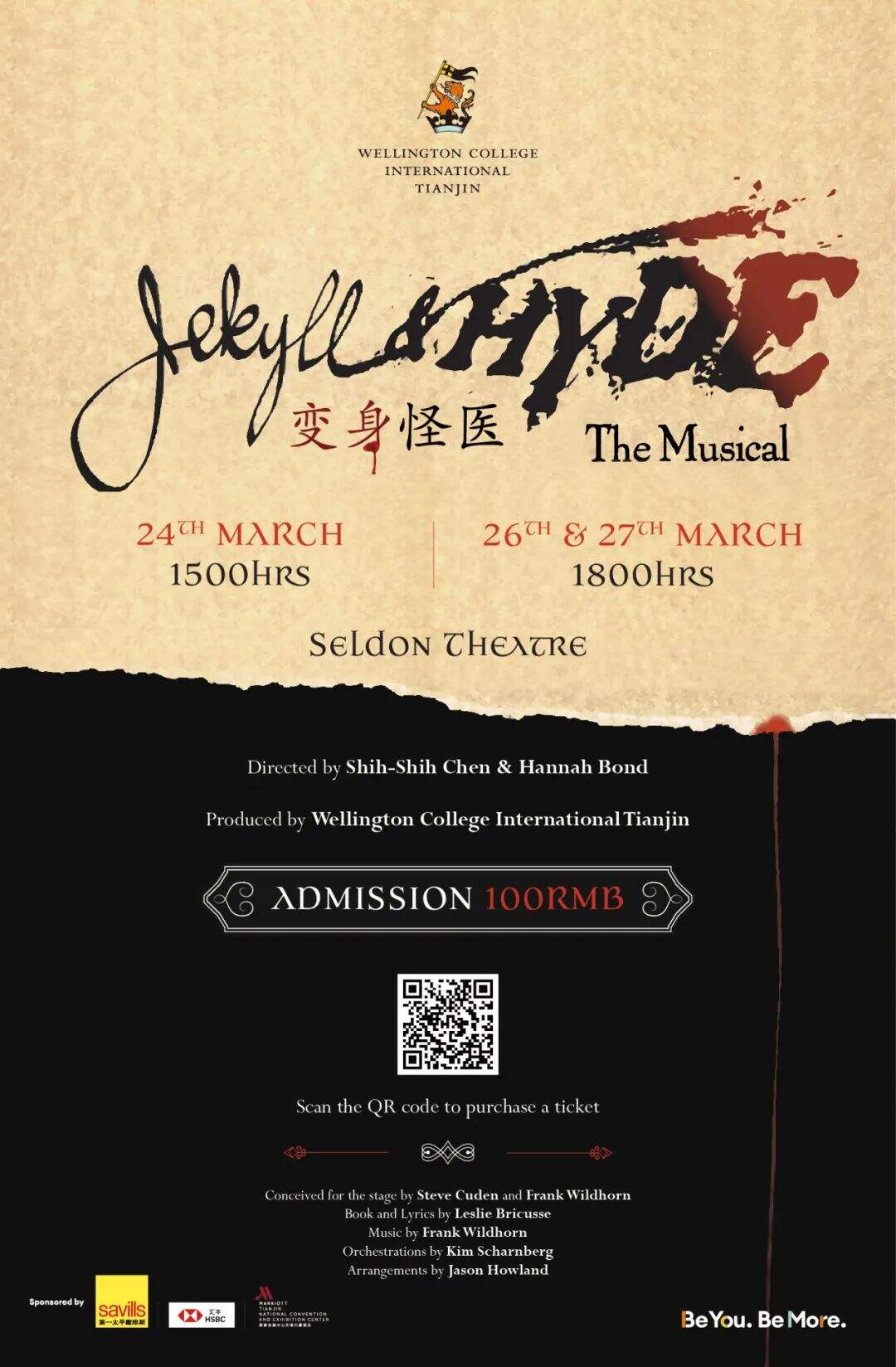
Related Articles









 Channel
Channel 
 Linkedin
Linkedin  Facebook
Facebook  Ins
Ins 

